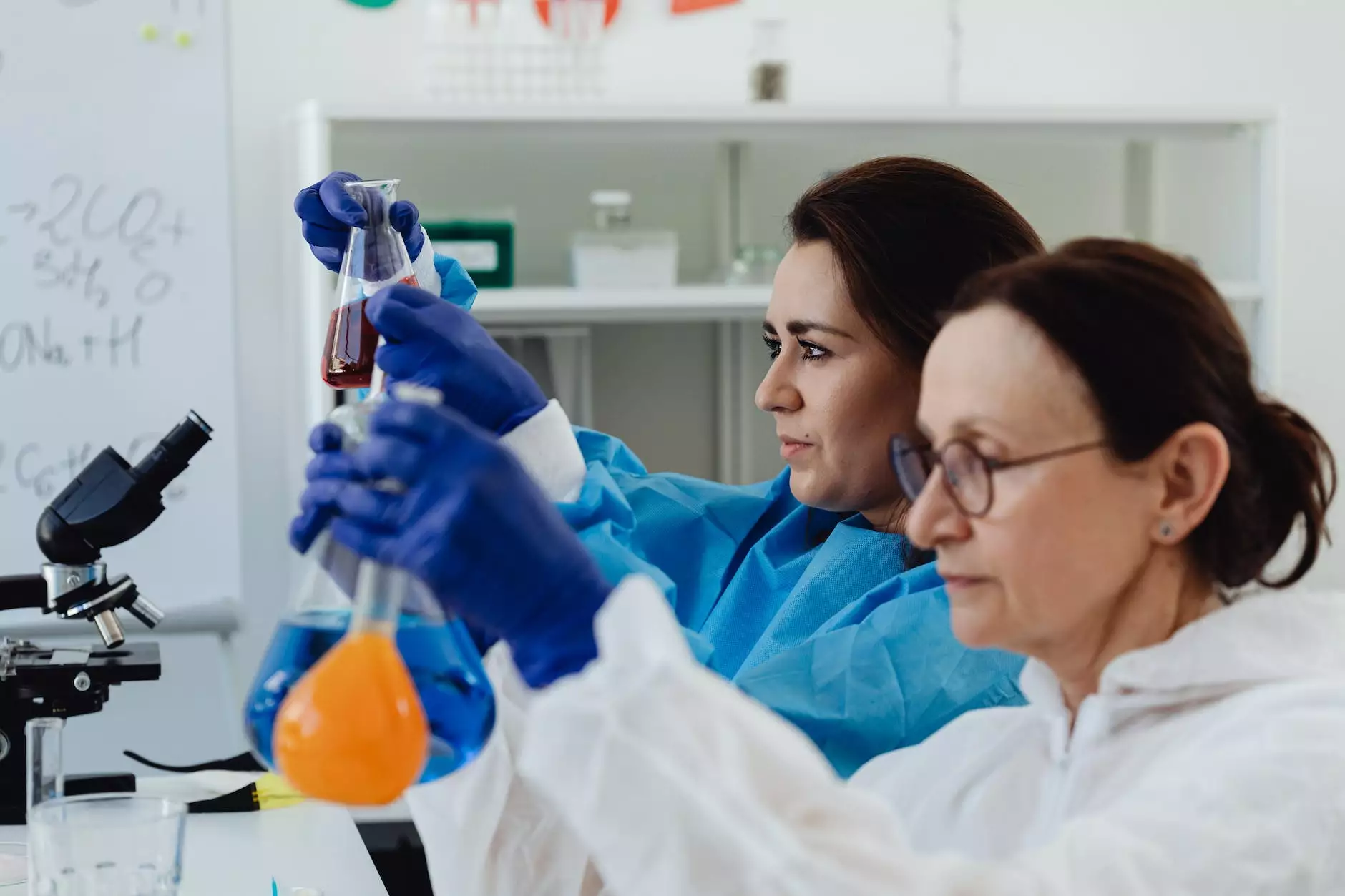The Vital Role of Thoracic Surgeons in Modern Medicine

The field of thoracic surgery is crucial in treating a myriad of conditions affecting the chest, especially the organs contained within it. From heart complications to advanced cancer treatments, thoracic surgeons play an integral part in the healthcare ecosystem. This article delves deep into the significance of thoracic surgeons, their specialized training, and how their expertise contributes to the advancements in health and medical care.
What is a Thoracic Surgeon?
A thoracic surgeon is a specialized medical professional who focuses on surgical procedures involving the thorax, which includes the lungs, heart, esophagus, and other vital structures in the chest cavity. These surgeons undergo extensive training, often completing:
- Medical School - A rigorous program that provides foundational medical knowledge.
- General Surgery Residency - Typically a five-year program focusing on surgical procedures.
- Thoracic Surgery Fellowship - A specialized training program lasting 2-3 years, concentrating on surgeries of the chest.
The Importance of Thoracic Surgeons in Healthcare
Thoracic surgeons are instrumental in managing complex medical conditions. Here are key areas in which they contribute significantly:
1. Lung Cancer Treatment
Lung cancer remains one of the leading causes of cancer-related deaths worldwide. A thoracic surgeon plays a pivotal role in its treatment through:
- Surgical Resection - Removing a tumor or part of the lung.
- Minimal Access Surgery - Employing techniques such as Video-Assisted Thoracoscopic Surgery (VATS) to minimize recovery time.
- Collaboration - Working closely with oncologists and radiologists to develop a comprehensive treatment plan.
2. Cardiac Surgery
While cardiothoracic surgeons specifically focus on heart operations, thoracic surgeons are often involved in procedures such as:
- Coronary Artery Bypass Grafting (CABG) - A common procedure to improve blood flow to the heart.
- Valve Repair or Replacement - Addressing defective heart valves to enhance heart function.
3. Esophageal Surgery
Surgery on the esophagus is another critical area. Common procedures include:
- Esophagectomy - Removal of part or all of the esophagus, often due to cancer.
- Fundoplication - A surgical technique to treat gastroesophageal reflux disease (GERD).
Integration with Sports Medicine and Physical Therapy
At HelloPhysio.sg, we believe in a holistic approach to treatment. Thoracic surgeons work in synergy with physical therapists, especially in sports medicine, to ensure comprehensive patient care.
The Role of Physical Therapy
After thoracic surgery, physical therapy is essential for a patient's recovery and rehabilitation. It includes:
- Respiratory Therapy - Exercises designed to improve lung function and expand lung capacity.
- Physical Rehabilitation - Tailored programs to restore strength, flexibility, and endurance.
- Patient Education - Teaching patients how to manage pain and lifestyle after surgery.
Benefits of Combined Approaches
The integration of surgical expertise and physical therapy leads to:
- Enhanced Recovery - Quicker and safer recovery times.
- Reduced Complications - Decreased risk of postoperative complications.
- Improved Quality of Life - Patients return to their desired activities faster and with greater confidence.
Cutting-edge Techniques and Innovations
Thoracic surgeons are at the forefront of implementing innovative surgical techniques that significantly enhance patient outcomes:
Robotic Surgery
The advent of robotic-assisted surgery has transformed thoracic procedures. Some advantages include:
- Precision - Enhanced accuracy in delicate operations.
- Minimally Invasive - Smaller incisions lead to reduced pain and faster recovery.
- Less Scarring - Improved aesthetic results post-surgery.
Enhanced Imaging Techniques
Advanced imaging technologies such as CT scans and MRIs allow for better planning and execution of surgeries. These technologies enable:
- Accurate Diagnosis - Ensuring the right treatment plan before surgery.
- Real-time Guidance - Assisting surgeons during procedures for optimal results.
The Future of Thoracic Surgery
The field of thoracic surgery is evolving rapidly. Innovations are constantly emerging, paving the way for even less invasive techniques and better patient care. The future may hold:
- 3D Printing - Tailor-made implants and models for individual patient needs.
- Telemedicine - Remote consultations and follow-ups, expanding access to expert care.
- Personalized Medicine - Treatments tailored to the genetic profiles of patients, especially in oncology.
Conclusion: The Indispensable Role of Thoracic Surgeons
In conclusion, thoracic surgeons are indispensable in the healthcare system, particularly in managing complex conditions of the thorax. Their collaboration with professionals in sports medicine and physical therapy enhances patient recovery and ensures a holistic approach to health. As medical technology advances, the scope of thoracic surgery will continue to expand, improving survival rates and quality of life for countless patients. At HelloPhysio.sg, we recognize the importance of this field and strive to support patients on their journey to recovery through integrated medical care and rehabilitation.
Contact Us
For more information on how thoracic surgery intersects with physical therapy and innovative rehabilitation methods, visit HelloPhysio.sg. Your health is our priority!








